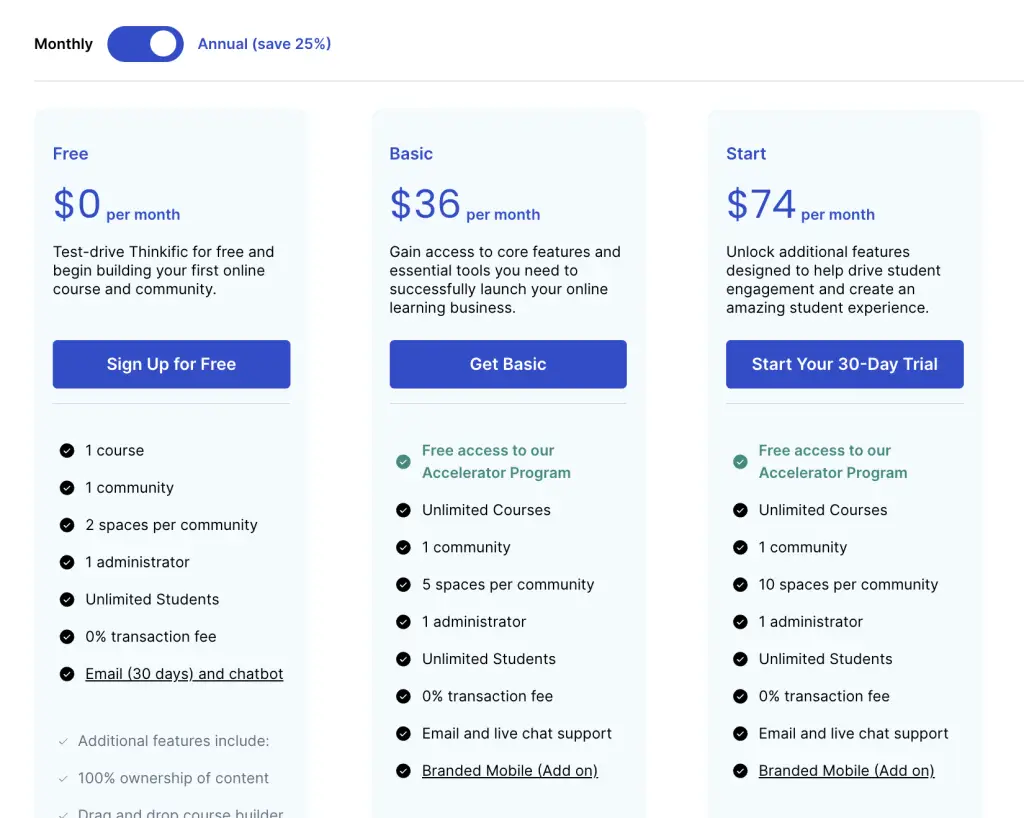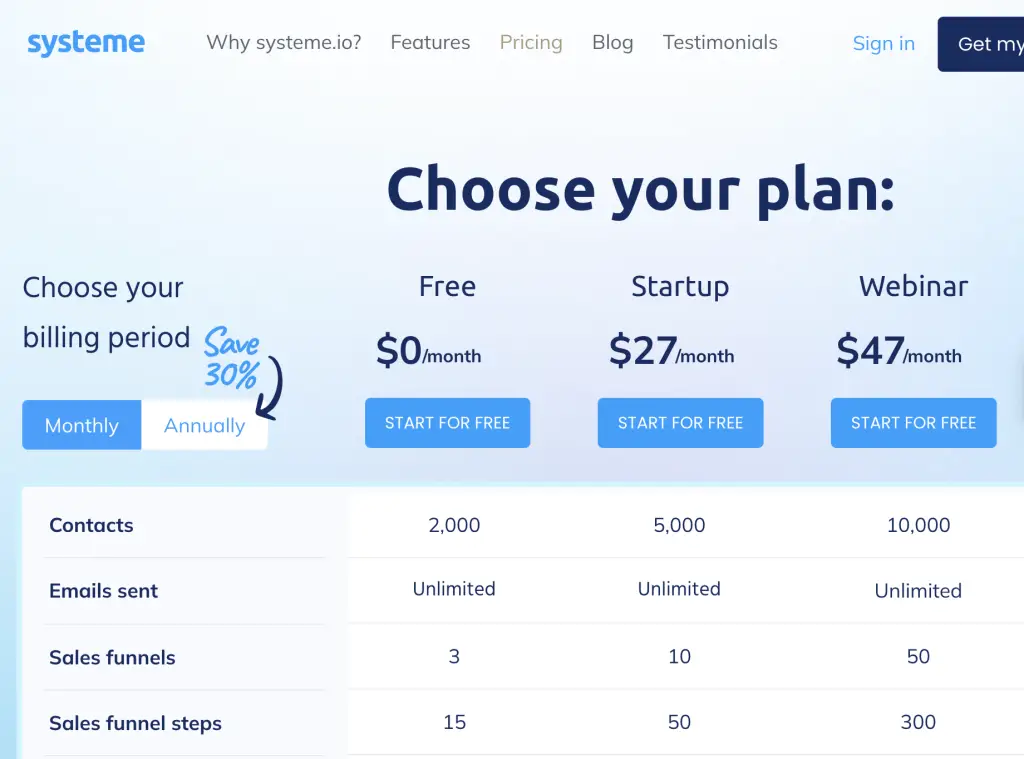Mangools affiliate program : In depth SEO affiliate program vs SEMRUSH and AHREFS compared
The Mangools affiliate program offers a fantastic opportunity for bloggers, influencers, and marketers to earn money while promoting powerful SEO tools. This article will dive deep into the program, its benefits, and how it stacks up against its competition.
Overview of Mangools
Mangools is an all-in-one SEO platform that provides five essential tools designed to help users improve their search engine rankings. These tools include:
- KWFinder: A keyword research tool that helps find the best keywords for your content.
- SERPChecker: An analysis tool that allows users to check the search engine results pages (SERPs).
- SERPWatcher: A rank tracking tool that monitors keyword rankings over time.
- LinkMiner: A backlink analysis tool for examining link profiles.
- SiteProfiler: A comprehensive website analysis tool that evaluates various SEO metrics.
Since its establishment in 2014, Mangools has gained popularity among SEO enthusiasts, with over 2 million users worldwide[1][3].
Mangools Affiliate Program
Commission Structure
The Mangools affiliate program offers a lifetime commission of up to 35% on referrals. This means that as long as your referrals continue to pay for their subscription, you will earn a commission on each payment. The average monthly payout for affiliates is around $487, making it a lucrative option for those in the right niche[1][3].
Payment Terms
Affiliates are paid monthly via PayPal, with a minimum payout threshold of $150. This ensures that you receive your earnings regularly, making it easier to manage your income[1][3].
Pros and Cons
Pros
- Lifetime commissions: Earn money for the duration of your referral’s subscription.
- High conversion rates: Over 67% of users subscribe within the first 24 hours of signing up for a free trial[3].
- No approval process: Start promoting immediately after creating a free Mangools account.
- User-friendly tools: The platform is designed for both beginners and experienced SEO professionals.
Cons
- Limited payment options: Currently, payments are only made via PayPal.
- Minimum payout threshold: Some may find the $150 threshold a bit high, especially when starting out[2][3].
Competition Analysis
Here’s how Mangools compares to its top competitors in the SEO tool market:
| Feature/Benefit | Mangools | SEMrush | Ahrefs |
|---|---|---|---|
| Keyword Research | Yes (KWFinder) | Yes | Yes |
| Backlink Analysis | Yes (LinkMiner) | Yes | Yes |
| Rank Tracking | Yes (SERPWatcher) | Yes | Yes |
| Website Analysis | Yes (SiteProfiler) | Yes | Yes |
| Pricing | Starting at $29.90/month | Starting at $99/month | Starting at $99/month |
| Free Trial | Yes (10 days) | No | No |
| User-Friendly | Highly rated | Moderate | Moderate |
Mangools stands out with its competitive pricing and user-friendly interface, making it an excellent choice for beginners and small businesses[1][2][3].
Ideal Customer Avatars
The Mangools affiliate program is ideal for:
- Blogger: Those who write about SEO, digital marketing, or related topics.
- Influencer: Individuals with a following interested in online marketing tools.
- Website Owner: Owners of niche websites looking to optimize their SEO strategies.
- Affiliate Marketer: Anyone looking to monetize their audience through valuable tools.
Conclusion
Investing in the Mangools affiliate program is a smart choice for anyone looking to earn passive income while promoting a reputable SEO toolset. With a generous commission structure, user-friendly tools, and high conversion rates, you can build a successful affiliate marketing strategy.
If you’re interested in learning more about affiliate marketing, check out the latest shortcuts in my book: Affiliate Marketing: Your Guide to Success. Start your journey today and unlock the potential of the Mangools affiliate program!
Citations:
[1] https://scottmax.com/affiliate/mangools-affiliate-program-review-commissions/
[2] https://www.craigcampbellseo.com/mangools-affiliate/
[3] https://mangools.com/affiliate-program
[4] https://blog.pujagoodies.com/Mangools-Seo-Tools/Program-Review-Commissions-10060071/
[5] https://novo-media.ch/en/seo/review-mangools-keyword/
Mangools Affiliate Program: The Ultimate Guide for SEO Enthusiasts
Are you looking for a way to make money while helping others improve their SEO? Look no further! The Mangools affiliate program might be just what you need. In this article, we’ll dive deep into what Mangools offers, how their affiliate program works, and why it could be a great fit for you.
What is Mangools?
Mangools is a suite of SEO tools that helps website owners and digital marketers improve their search engine rankings. Their tools include:
- KWFinder: For keyword research
- SERPChecker: For analyzing search engine results pages
- SERPWatcher: For tracking keyword rankings
- LinkMiner: For backlink analysis
- SiteProfiler: For website analysis
Mangools Affiliate Program: The Basics
The Mangools affiliate program lets you earn money by promoting their SEO tools. Here’s what you need to know:
- Commission rate: 30% recurring for the lifetime of the customer
- Cookie duration: 30 days
- Payment methods: PayPal or bank transfer
- Minimum payout: $150
Why Choose Mangools Affiliate Program?
- High-quality products: Mangools tools are user-friendly and effective.
- Recurring commissions: You earn money as long as your referrals stay subscribed.
- Good conversion rates: Mangools claims a 10% average conversion rate.
- Marketing materials: They provide banners, text links, and other promotional tools.
How Mangools Compares to the Competition
Let’s see how Mangools stacks up against its top competitors:
| Feature | Mangools | SEMrush | Ahrefs |
|---|---|---|---|
| Keyword research | ✓ | ✓ | ✓ |
| SERP analysis | ✓ | ✓ | ✓ |
| Rank tracking | ✓ | ✓ | ✓ |
| Backlink analysis | ✓ | ✓ | ✓ |
| Site audit | ✓ | ✓ | ✓ |
| Affiliate commission | 30% recurring | 40% one-time | 40% recurring |
| Starting price | $29.90/month | $119.95/month | $99/month |
| Ease of use | Very easy | Moderate | Moderate |
As you can see, Mangools offers similar features to its competitors but at a lower price point and with a focus on user-friendliness.
Pros and Cons of the Mangools Affiliate Program
Pros:
- Recurring commissions
- User-friendly tools
- Affordable pricing (easier to sell)
- Good conversion rates
- Helpful marketing materials
Cons:
- Lower commission rate compared to some competitors
- Smaller brand recognition than SEMrush or Ahrefs
- Limited tool selection compared to all-in-one SEO platforms
Who Should Join the Mangools Affiliate Program?
The Mangools affiliate program is ideal for:
- SEO bloggers and influencers
- Digital marketing agencies
- Web designers and developers
- Small business consultants
- Anyone with an audience interested in SEO and online marketing
How to Succeed with the Mangools Affiliate Program
- Create honest, in-depth reviews of Mangools tools
- Compare Mangools to other SEO tools
- Share case studies and success stories
- Offer bonuses to incentivize purchases through your link
- Use Mangools tools yourself to provide genuine insights
FAQ
- How long does it take to get approved?
- Usually within 24-48 hours.
- Can I promote Mangools on social media?
- Yes, but avoid spamming and follow each platform’s guidelines.
- Do I need to be an SEO expert to promote Mangools?
- No, but having some SEO knowledge will help you create better content.
- Can I use PPC advertising to promote Mangools?
- Yes, but you can’t bid on Mangools branded keywords.
- How often do I get paid?
- Payments are made monthly for earnings over $150.
Why You Should Invest in Mangools Tools
Mangools offers a great balance of features, affordability, and ease of use. By investing in their tools, you’ll:
- Save time on SEO tasks
- Get actionable insights to improve your rankings
- Stay ahead of your competition
- Grow your online presence more efficiently
Don’t just take my word for it – try Mangools for yourself and see the difference it can make in your SEO efforts!
Ready to Take Your Affiliate Marketing to the Next Level?
If you’re excited about the Mangools affiliate program and want to learn more about making money through affiliate marketing, I’ve got just the thing for you! Check out my latest book, “Second Incomes: Success in Affiliate Marketing,” available at https://jhilario.com/amazonsecondincomes.
In this book, you’ll discover:
- Easy to understand best practices from 15+ years of experience in Affiliate Marketing
- Proven strategies to boost your affiliate income
- Little-known tactics for promoting products effectively
- How to build a loyal audience that trusts your recommendations
Don’t miss out on this opportunity to supercharge your affiliate marketing efforts. Grab your copy today and start your journey to affiliate marketing success!
Remember, whether you’re promoting Mangools or any other product, the key to success is providing value to your audience. Happy marketing!

